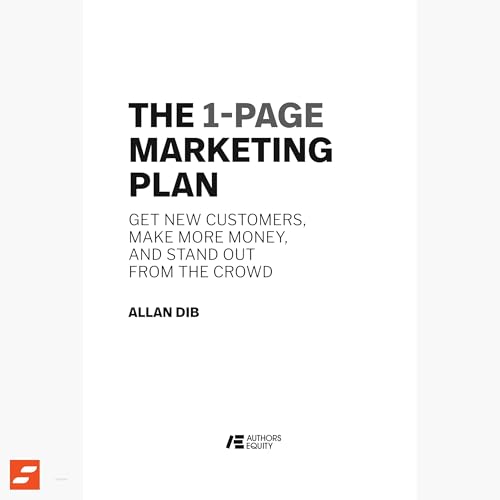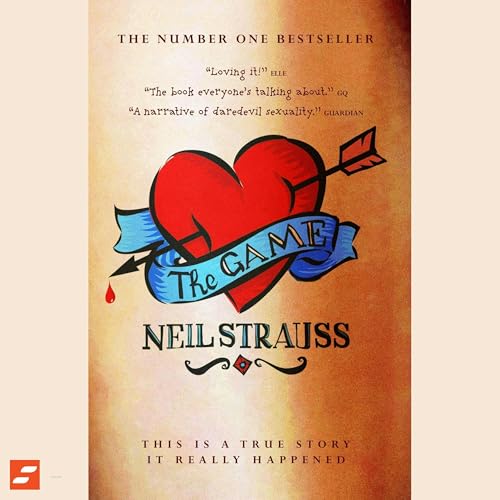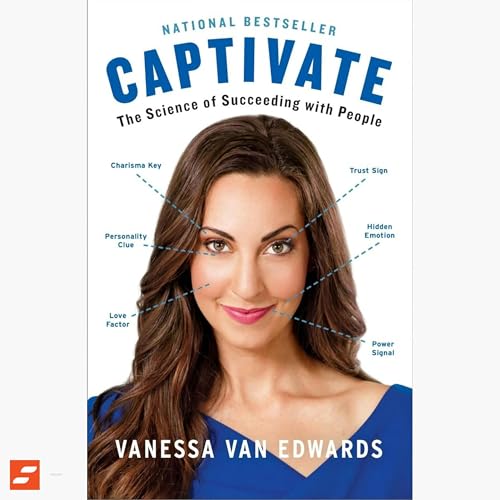Show notes (TRUMP The Art of The Deal detailed book summary) / Free Full Audiobook / PDF & Infographic / IN THIS EPISODE: Trump's The Art of the Deal offers a strategic blueprint for business success by combining bold thinking, calculated risk management, and a game-like approach to professional challenges. TOPICS: negotiation, entrepreneurship, real estate, Risk management, Marketing, business, Trump, deal-making KEY FIGURES: Apple, Elon Musk, Donald Trump, Amazon, Rich Dad Poor Dad, Robert Greene, The 48 Laws of Power, Think and Grow Rich, Chris Voss, The Art of the Deal, Robert Kiyosaki, Never Split the Difference, Roger Fisher, Getting to Yes, Napoleon Hill, Queens, Brooklyn, Atlantic City, Fred Trump, Manhattan, Tony Schwartz, Trump Tower, Grand Central Station, Baron Hilton, Fifth Avenue, Wharton School, Harvard, Grand Hyatt Hotel SUMMARY: Donald Trump's book 'The Art of the Deal' offers 11 strategic principles for successful business negotiations and deal-making. The book, written when Trump was 41, draws from his experiences transforming Manhattan's real estate landscape through projects like Trump Tower and the Grand Hyatt Hotel renovation. Trump emphasizes thinking big, managing risk, and understanding human psychology as key elements of successful deal-making. The Art of The Deal's core strategies include maintaining flexibility in negotiations, gathering direct market intelligence, strategically using media attention, and protecting downside risks while preserving upside potential. Trump advocates for an approach that involves working on multiple deals simultaneously, understanding what motivates people, and never appearing desperate during negotiations. He also stresses the importance of delivering genuine value and maintaining long-term relationships with partners and clients. Beyond practical business advice, Trump presents a philosophical approach to deal-making that views business as an engaging game rather than merely a means of making money in The Art of The Deal. He encourages entrepreneurs to enjoy the process of solving complex problems, maintaining creative energy, and focusing on challenges that others cannot solve. The book ultimately suggests that successful dealmakers combine ambitious thinking with careful risk management, psychological insight, and a commitment to consistently delivering value. KEY QUOTES: • "If you're going to think anyway, you might as well think big." - Donald Trump • "Money was never [my] big motivation except as a way to keep score. The real excitement is playing the game." - Donald Trump • "Protect the downside and the upside will take care of itself." - Donald Trump • "Be good to people who are good to you, but fight back hard when people treat you badly or unfairly." - Donald Trump • "You can create excitement and use promotion effectively, but if you don't deliver the goods, people will eventually catch on." - Donald Trump KEY TAKEAWAYS: • Think big and aim for ambitious goals: Setting larger objectives requires similar effort to small goals but can yield significantly better results and attract more attention • Protect against downside risks while maintaining unlimited upside potential: Smart deal-making involves structuring arrangements that limit potential losses while preserving opportunities for significant gains • Create strategic leverage by maintaining multiple options and avoiding appearing desperate in negotiations: Having alternative opportunities gives you more negotiating power and psychological advantage • Gather market intelligence through direct human interactions rather than relying solely on traditional market research: Personal conversations can reveal nuanced insights about customer preferences and market dynamics • Deliver genuine value consistently: Long-term success depends on actually fulfilling promises and providing real quality, not just creating marketing hype... (Continue here: Show notes) Learn more about your ad choices. Visit megaphone.fm/adchoices
Más
Menos
 Feb 11 20265 m
Feb 11 20265 m 16 m
16 m Feb 9 20265 m
Feb 9 20265 m 32 m
32 m Feb 7 20266 m
Feb 7 20266 m 30 m
30 m Feb 4 20267 m
Feb 4 20267 m Feb 2 20267 m
Feb 2 20267 m
